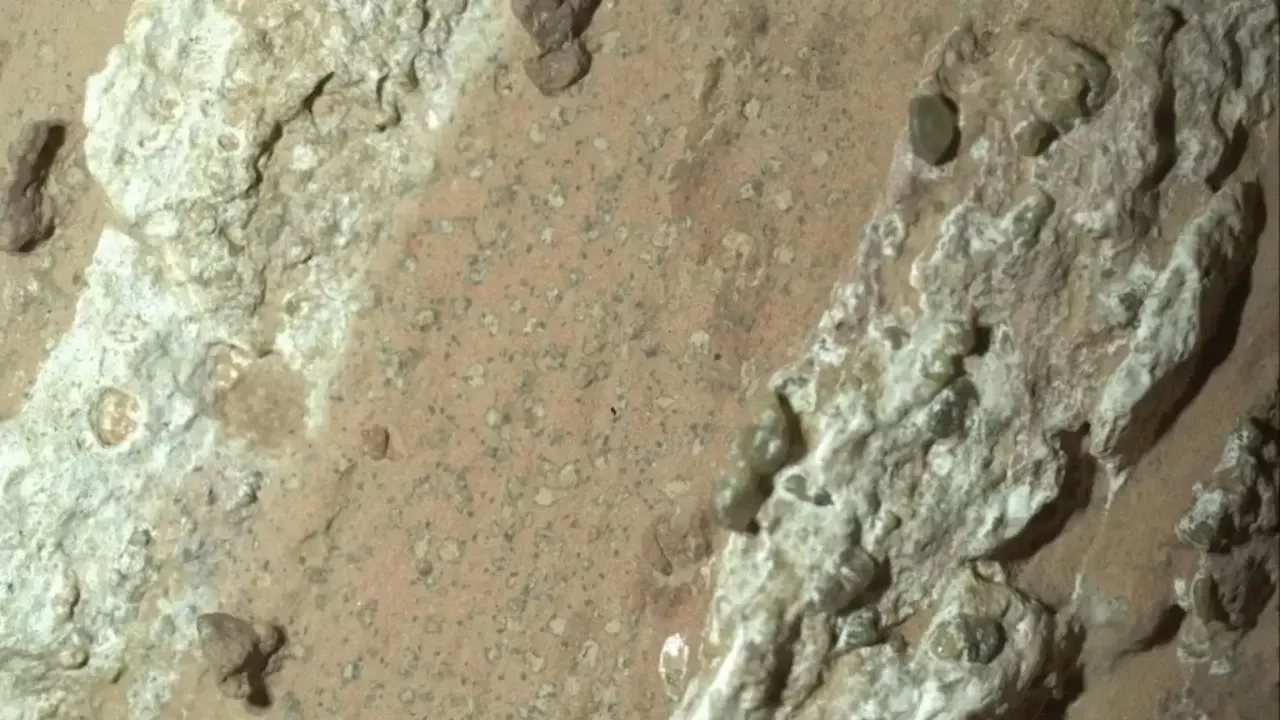Perseverance found ancient signs of life on Mars

NASA's “Perseverance” rover has made a new and exciting discovery on the planet Mars. This was reported by Zamin.uz.
It identified unusual rocks in ancient riverbeds on the surface of the Red Planet. These rocks bear markings resembling “tiger fur carpets,” which are hypothesized to possibly be signs of life.
Researchers are carefully studying these markings and emphasize that they are not definitive evidence of life, but rather an opportunity for further investigation. The minerals within the rocks formed as a result of certain chemical reactions.
Scientists believe these processes may have occurred due to ancient biological activity — that is, involving microbes. Professor Sanjeev Gupta from Imperial College London noted that similar markings on Earth are associated with microbial activity, suggesting that such traces on Mars could indicate the presence of life.
At the same time, he stressed that this finding does not conclusively prove life but represents an important step. The “Perseverance” rover analyzed the rocks using its onboard laboratory instruments and sent the results back to Earth.
However, to make a definitive conclusion about the existence of life, these samples need to be brought from Mars to Earth. NASA and the European Space Agency (ESA) are planning a mission to retrieve such samples, but due to budget cuts in the United States, the project remains uncertain.
There is a possibility that the mission, scheduled for 2026, could be canceled due to reduced funding. Scientists are also investigating that these minerals could have formed through natural geological processes without microbes.
Nevertheless, these processes also involve chemical reactions similar to biological activity. This discovery, one of the latest serious indications regarding the presence of life on Mars, could pave the way for future scientific expeditions.
This serves as a significant milestone in humanity's quest to search for signs of life on other planets.







